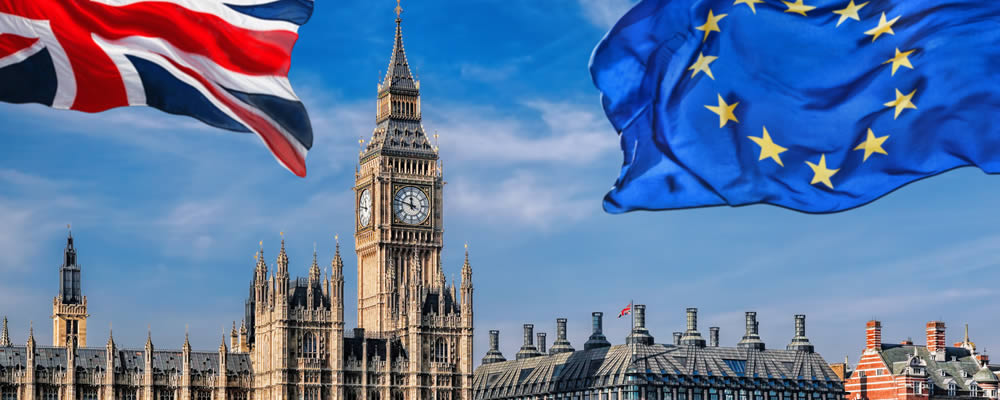UK Employment Hits Joint Highest Level since 1971, Pound (GBP) Exchange Rates Rally
The Euro to Pound (EUR/GBP) exchange rate tumbled on Wednesday as markets reacted to an upbeat run of UK labour market statistics.
The Office for National Statistics reported that the UK’s employment rate – a measure of the proportion of 16 to 64 year olds in work – climbed to 75.3% – the joint highest reading since records began in 1971.
The ONS asserted that this increase resulted from a rise in full-time employment, with many professionals switching to full-time work from self-employment.
In other news annual pay growth in the UK improved by 2.4% in the three months to November, up from the previous period’s print of 2.3%.
This was better than the market forecast of 2.3% and marked the strongest reading since December 2016; news that sent GBP/EUR to fresh post-Brexit highs.
It should be pointed out, however, that pay growth continues to lag behind the UK’s soaring levels of inflation, which has consistently sat around 3% in recent months.
This means that, in real terms, pay has fallen by a disappointing 0.5% over the same period.
Nonetheless, the market response to this news has been positive.
Andy Verity, Economics Correspondent at the BBC shared his thoughts on the readings, stating:
‘The labour market is tighter than it’s been in decades. Unemployment is at a 42-year low of 4.3%. And in 17 years there have never been more vacancies: 810,000 of them’.
Eurozone Markit PMI’s Prove Robust, EUR Exchange Rates Fail to Capitalise
IHS Markit has revealed that the Eurozone started 2018 with its fastest growth in nearly 12 years, with their composite, manufacturing and services PMI readings presenting a staggering rate of expansion.
The Markit services PMI printed at 57.6 in January, up from the previous period’s 56.6 and the market forecast of a drop to 56.3.
The composite reading similarly proved positive, printing at 58.6, up from the previous 58.1 and the forecast of 57.8.
The manufacturing PMI reading slipped, however, from 60.6 previous to 59.6, down from the expected 60.1.
Nonetheless, this rate of expansion remains extremely robust, and ultimately bodes well for the state of the Eurozone moving into 2018.
Chris Williamson, Chief Economist at IHS Markit shared his thoughts on the readings:
‘The eurozone has got off to a flying start in 2018, with business activity expanding at a rate not seen for almost 12 years. The acceleration of growth pushes the survey data into territory consistent with the economy expanding at a super-strong quarterly rate approaching 1%’.
Despite this positivity markets were hesitant to invest too heavily into the single currency, cautious with Thursday’s European Central Bank (ECB) rate decision looming.
EUR/GBP Exchange Rate Forecast: Volatility Ahead on ECB Monetary Policy Meeting
The Euro Pound (EUR/GBP) exchange rate could become increasingly volatile on Thursday as markets prepare and react to the first ECB monetary policy meeting of 2018.
Whilst markets are not currently expecting the ECB to raise interest rates at this meeting, many are preparing for remarks from bank President Mario Draghi and potential changes to the accompanying statement.
Any changes would likely pertain to the bank’s tapering of its quantitative easing (QE) programme, with investors hoping that the bank will announce plans to taper its bond purchasing scheme quicker than previously anticipated.
It should also be noted, however, that inflation in the bloc continues to remain limp and significantly below the bank’s target range – news that makes a hawkish move an unreliable prospect.



